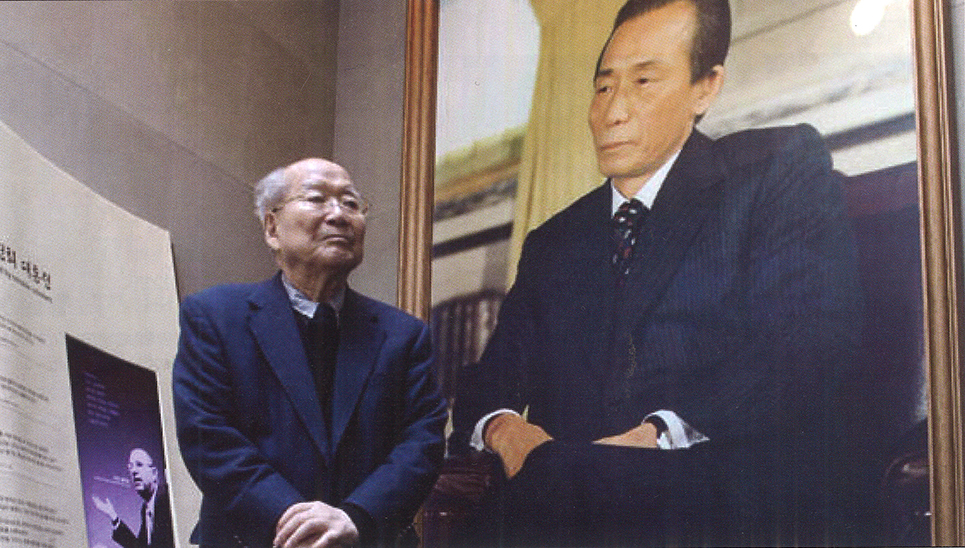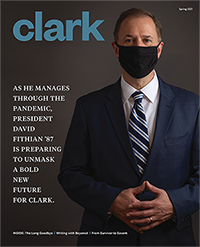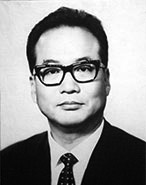Kim Chung-yum survived the bombing of Hiroshima — then led South Korea’s economic transformation

It was a clear August morning in 1945 when Kim Chung-yum, M.A. ’59, LL.D. ’95, awoke for training with his military regiment in Hiroshima, Japan. Born in Japanese- occupied Seoul, Korea, in 1924, Kim had been drafted into the Japanese military at age 20 and was stationed alongside 50 cadets at Okayama Prefecture.

As the group gathered for hand-to-hand combat exercises, a B-29 jet flew across the sky, leaving a white vapor trail in its wake. Kim assumed the aircraft was a reconnaissance plane, but seconds later, a yellow-white light flashed and dissipated, plunging the morning into utter darkness.
The Enola Gay had just dropped the first wartime atomic bomb on Hiroshima — about a mile from where Kim was standing. The blast and fallout left him with burns on his back, face, and arm, as well as radiation sickness. But he survived. “The thought of returning home to Korea was never far from my mind,” Kim recalled.
After the war, Kim began a career in public service to a newly liberated and soon-to-be-divided Korea. Years later, South Korea’s central bank sponsored him to attend Clark University, where he studied under Professor James A. Maxwell and received a master’s degree in economics. By the late 1960s, Kim rose to serve as Korea’s Minister of Finance and then Minister of Commerce and Industry, and subsequently became the country’s longest-serving chief presidential secretary (1969 to 1978).
 Kim laid the foundation for South Korea’s miraculous economic growth and industrialization, and he made major contributions to the country’s reforestation, rural development, and construction of the national expressway system. He also oversaw reforms that led to the establishment of a national health insurance system and universal coverage by the end of the 1980s.
Kim laid the foundation for South Korea’s miraculous economic growth and industrialization, and he made major contributions to the country’s reforestation, rural development, and construction of the national expressway system. He also oversaw reforms that led to the establishment of a national health insurance system and universal coverage by the end of the 1980s.
In 1953, South Korea was one of the poorest nations in the world, with incomes similar to those of today’s Afghanistan. But thanks in part to Kim’s role as one of the main architects of its economy, South Korea became the first country in the world to transition from a net recipient of development aid to a net donor. It also became one of only seven countries to have both a population of more than 50 million people and a GDP per capita of over $30,000 — alongside the United States, Japan, Germany, the United Kingdom, France, and Italy. Kim’s memoir, “From Despair to Hope,” was republished in English by the World Bank in 1994 to help guide policymakers in developing countries. Clark awarded him an honorary Doctor of Laws the following year.
Kim died on April 25, 2020, at the age of 96. His long life of accomplished service stands as a testament to his towering intellect, devotion to his country, and one piece of raw luck that allowed him to tell the tale of the light over Hiroshima.
Thank you to Cory Bisbee ’19 for his contributions to this story.


